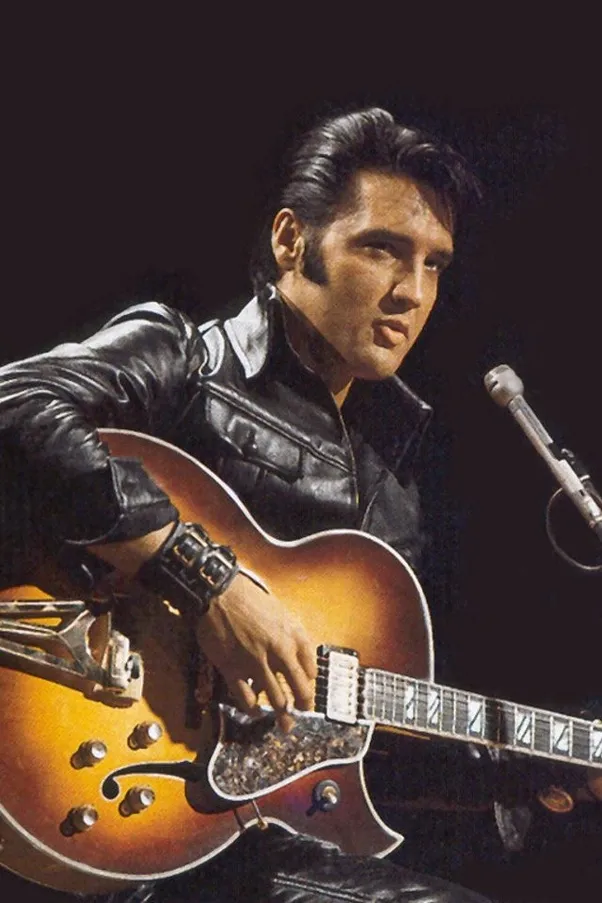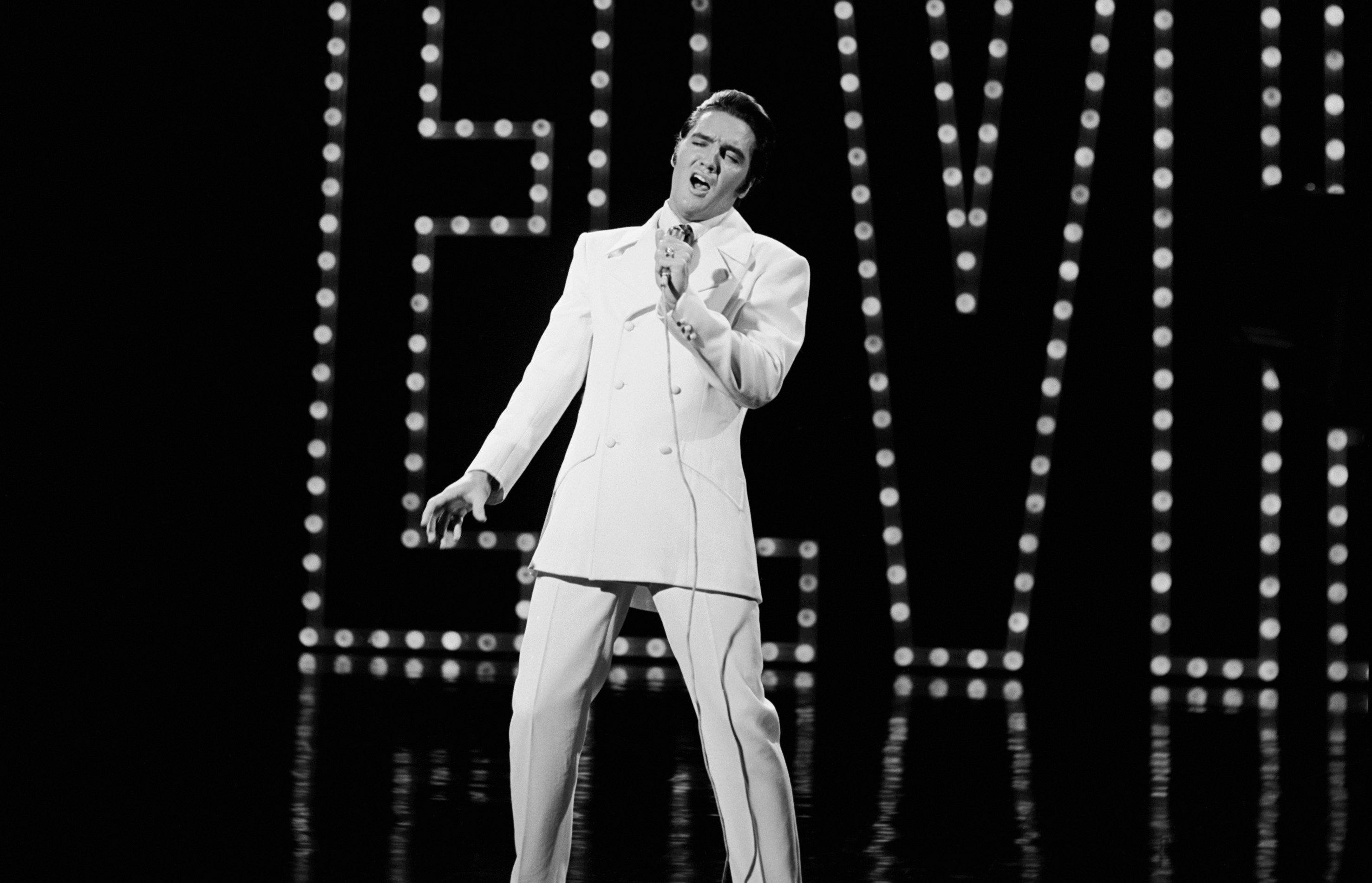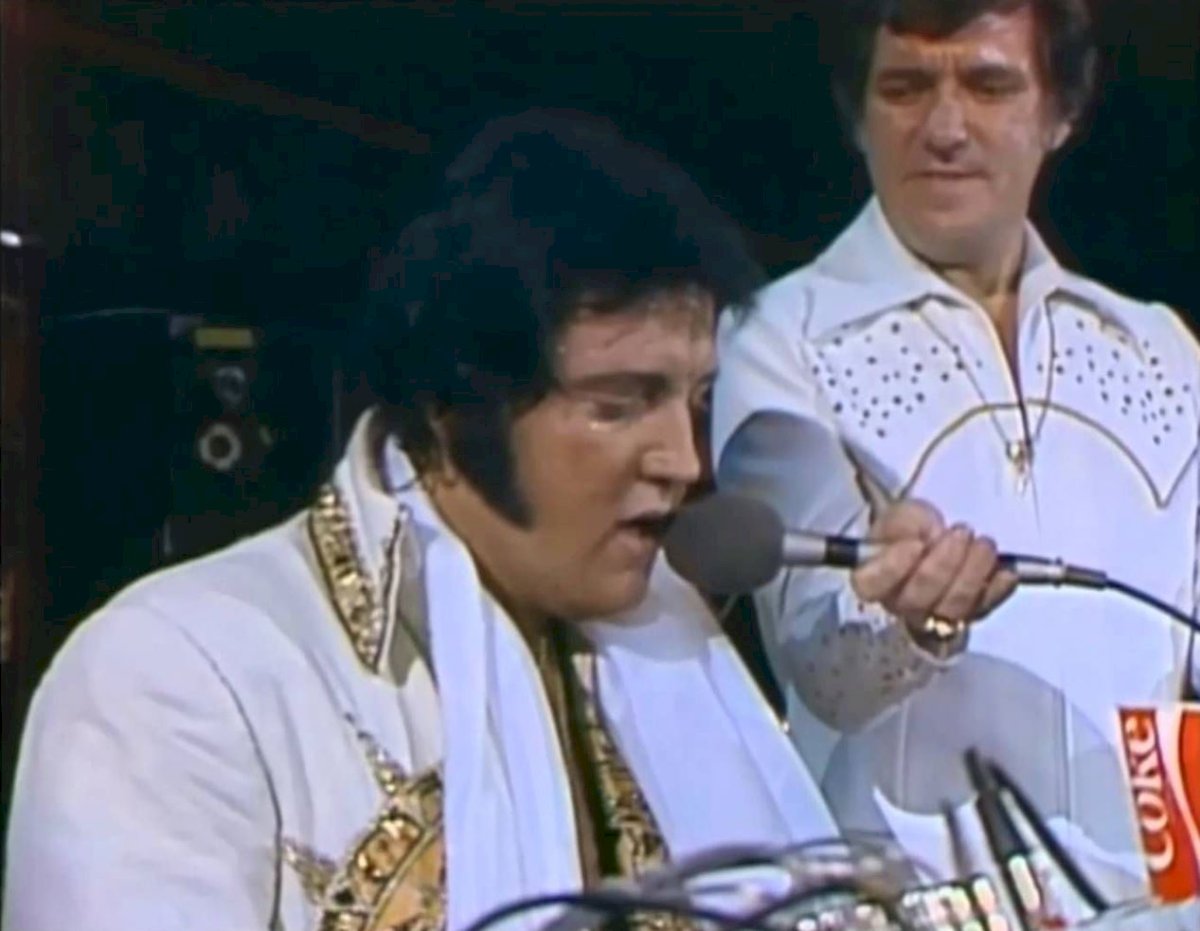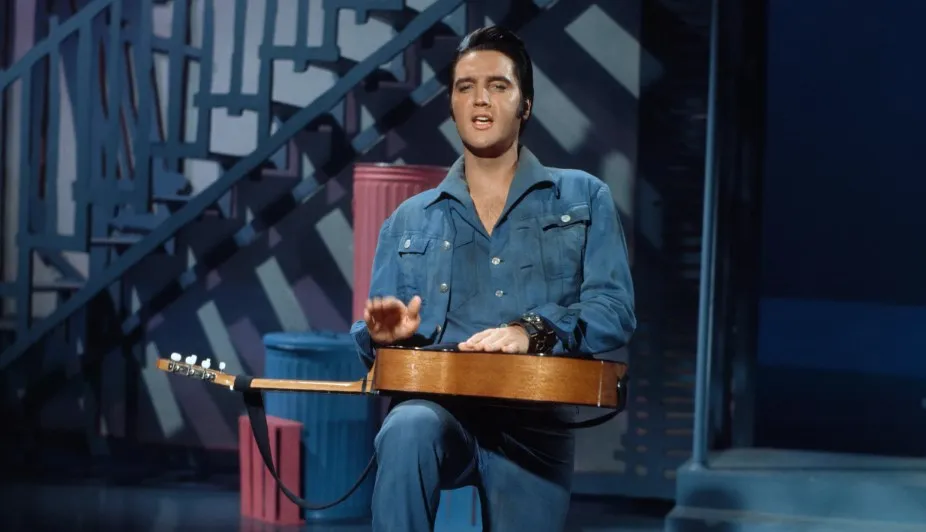Elvis Presley, the undisputed King of Rock and Roll, captivated audiences with his electrifying performances and smooth vocals. But beyond his charisma, there was a genuine musical talent that fueled his rise to superstardom. While his voice remains the centerpiece of his legacy, a lesser-known aspect deserves recognition: Elvis' surprising versatility with instruments. There's a misconception that Elvis simply strutted across the stage, microphone in hand. In reality, he was a musician at heart. While not a virtuoso on any particular instrument, Elvis possessed a natural aptitude for playing several.

The Guitar: A Constant Companion

The most prominent instrument in Elvis' repertoire was the guitar. His first, an acoustic model gifted by his mother, sparked a lifelong love affair with the instrument. Though self-taught, Elvis developed a distinctive style. He wasn't known for complex solos, but rather for his rhythmic strumming and ability to lay down a solid foundation for the band. Photos and footage capture him jamming on stage with other musicians, often using his guitar to drive the energy of a performance. His extensive collection of guitars, including a Gibson Dove and a custom-designed Super 400, became iconic as much as his outfits.

Beyond the Strings: Keys and Skins

Elvis' musicality extended beyond the six strings. The piano was another instrument he gravitated towards. While not as prominent onstage, he was known to gather around a piano during jam sessions, especially for gospel numbers. His natural feel for rhythm translated well to the piano, allowing him to explore melodies and experiment with chord progressions.

There's even evidence of Elvis' dabblings with the drums. Though not a regular drummer, he possessed a natural understanding of rhythm and could keep a steady beat. This translates into his energetic stage presence, where he would often move and gyrate to the rhythm of the music, sometimes even playfully hitting the drums during a performance.
A Touch of the Unexpected: Accordion and Ukulele

Elvis' musical curiosity extended beyond the usual instruments. Accounts mention him having fun with the accordion, a surprising choice for the rock and roll king. While not a serious pursuit, it showcases his willingness to explore different sounds and textures.

The ukulele also found its way into Elvis' hands. Hawaii held a special place in his heart, and the ukulele's cheerful sound likely resonated with him. There are documented instances of him strumming the ukulele in informal settings, adding a touch of island vibes to his musical palette.
A Natural Talent: Playing by Ear

It's important to note that Elvis wasn't a classically trained musician. He didn't read sheet music and relied on his ear to learn and play. This highlights his natural talent and ability to grasp music intuitively. He could hear a song, pick up an instrument, and within a short time, be playing along. This ability to connect with music on an instinctive level fueled his creativity and his onstage improvisations.
The Impact: Beyond Just the Show

Elvis' instrumental skills, while not the focal point of his act, played a significant role in shaping his music. His guitar work, though basic, provided the rhythmic foundation for his rock and roll sound. His piano playing offered a more intimate side, allowing him to explore different musical approaches. Even his playful excursions with the drums and ukulele showcased his genuine love for creating music.

More importantly, Elvis' instrumental abilities demonstrate his dedication to his craft. He wasn't just a singer; he was a musician who actively participated in the creative process. By exploring different instruments, he broadened his musical horizons and pushed himself beyond the limitations of being just a vocalist.
The Legacy: An Inspiration for Aspiring Musicians

Elvis' story is an inspiration for aspiring musicians. It shows that formal training isn't always necessary to create compelling music. His natural talent and willingness to experiment with different instruments serve as a reminder that the most important thing is the passion for music itself. Whether you're drawn to the familiar strum of a guitar or the cheerful melody of a ukulele, the key is to pick up an instrument and let the music flow.

Elvis Presley may be best remembered for his electrifying performances and iconic voice. However, a closer look reveals a talented musician with a genuine love for playing instruments. His versatility, though often overshadowed, adds another dimension to his legacy, inspiring generations of musicians to explore their own creativity and forge their unique path in the world of music.










